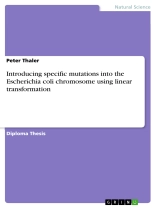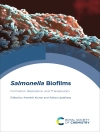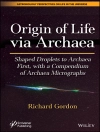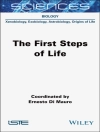Diploma Thesis from the year 2003 in the subject Biology – Micro- and Molecular Biology, grade: 1 (A), University of Innsbruck (Institute for Microbiology), language: English, abstract: In 1885 Theodor Escherich described the gram negative bacterium Escherichia coli (E. coli)
(Escherich T., Rev.1989). The gram negative rod belongs to the family of the
enterobacteriaceae. It is a natural inhabitant of the human and animal intestine. E. coli can
also cause diseases like diarrhea, inflammation of the urinary tract or the gall bladder. Urinary tract infections (UTIs) are one of the most common reasons for antibiotic therapy
worldwide (Burman and Olsson-Liljequist, 2001). People with UTIs suffer inflammation of
the urinary tract, and frequently the kidneys. Two-thirds of patients with UTIs are women
(Canbaz et al. 2002). This is related in part to the shortness of the urethra, which makes
colonization of the bladder by bacteria more likely. The elderly and those who undergo
genitourinary operations and catheterisation are also frequent sufferers of UTIs (Orenstein and
Wong, 1999). The leading causative agent of UTIs is E. coli (60-80 %), usually originating
from the patients own faecal flora, followed by Staphylococcus saprophyticus (10 %),
Klebsiella sp., other Gram negative bacteria and enterococci (Burman and Olsson-Liljequist, 2001). The antibiotic class most frequently prescribed to treat UTIs in Western Europe and
North America is the fluoroquinolones. Fluoroquinolones are synthetic antibiotics derived
from nalidixic acid. Resistance to the synthetic fluoroquinolone antibiotics is increasing
among the organisms that cause UTIs.
Peter Thaler
Introducing specific mutations into the Escherichia coli chromosome using linear transformation [EPUB ebook]
Introducing specific mutations into the Escherichia coli chromosome using linear transformation [EPUB ebook]
购买此电子书可免费获赠一本!
语言 英语 ● 格式 EPUB ● ISBN 9783638240642 ● 文件大小 1.9 MB ● 出版者 GRIN Verlag ● 市 München ● 国家 DE ● 发布时间 2003 ● 版 1 ● 下载 24 个月 ● 货币 EUR ● ID 3669873 ● 复制保护 无












